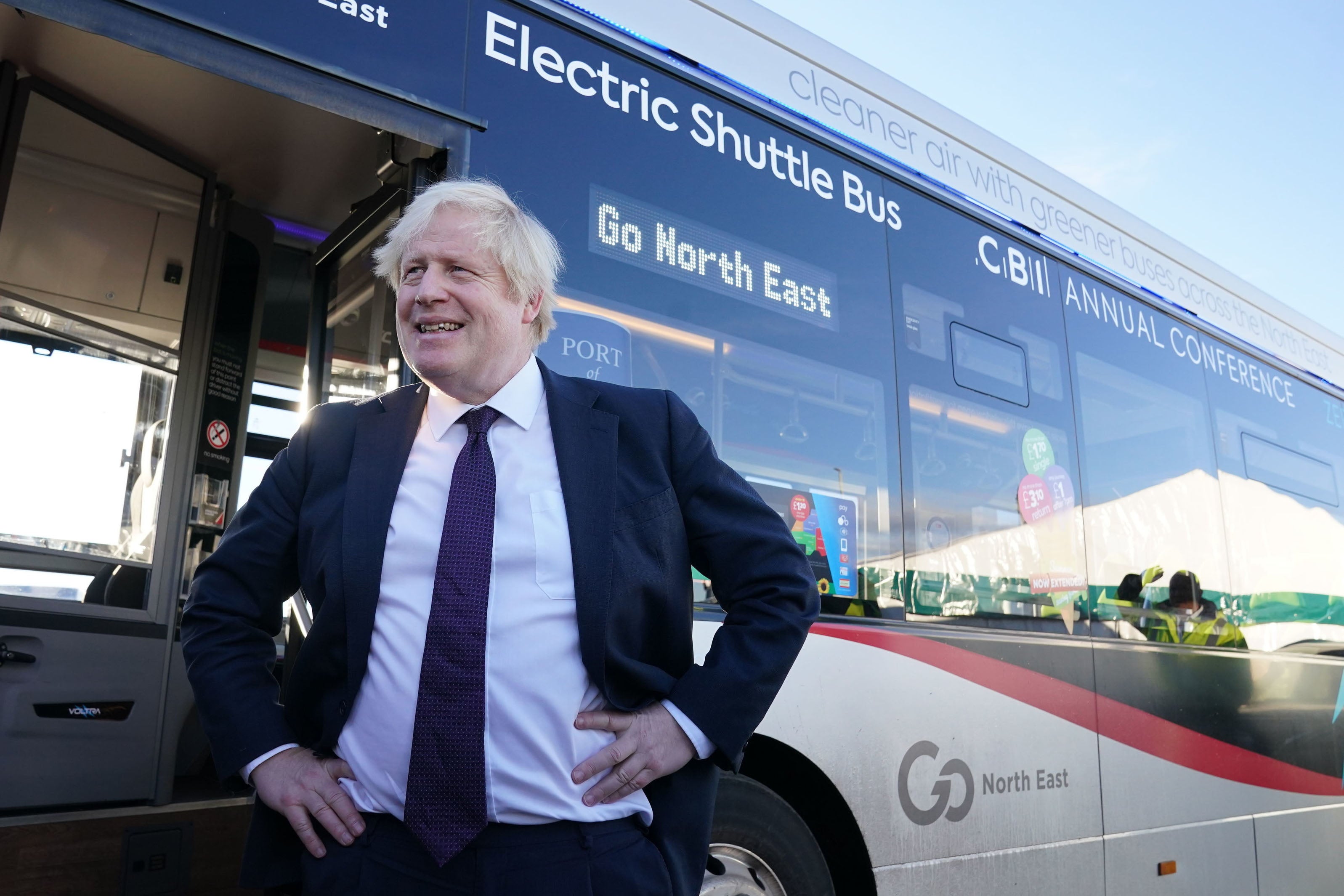Boris Johnson may have won his Commons vote – but don’t expect this to end the battle over social care
MPs from across the Tory spectrum no longer see the prime minister as an electoral asset – an impression he knows he must dispel quickly


Just when Boris Johnson is desperate to improve his frosty relations with Conservative MPs after his self-inflicted wounds over sleaze, he has upset many of them all over again with his social care reforms.
The prime minister is facing a Tory rebellion over the plan he trumpeted in September, which was supposed to finally deliver his promise to “fix” a social care crisis which has bedevilled politicians for more than 20 years. Not for the first time, a Johnson promise is not living up to its billing.
The government survived a vote in the Commons, with MPs approving a change to the 2014 legislation bringing in the cap. However, with the vote passing via a majority of 26, this is unlikely to be the end of the matter. The House of Lords might well decide to block the move, sending the issue back to the Commons, which could embolden more rebel Tories to vote against it next time.
It boils down to the fine print, smuggled out during last week’s sleaze row, showing that people in the north and Midlands will spend a much greater proportion of their assets on care than those in the south, whose assets will usually be bigger due to higher property prices. It means someone with a house worth £1m in Surrey would see 90 per cent of their assets protected by the government’s proposed £86,000 cap on lifetime care bills, while a person with an £80,000 terraced house in Hartlepool would have to spend most of their assets on care. Crucially, even if they qualify for means-tested local authority support, this will not count towards the cap. Wealthy people who do not qualify for such help will reach the cap threshold faster than poorer people who get part of their care funded by their council.
It appears that Johnson’s original ambitions were diluted by the Treasury to save about £750m. That is much less than the £12bn-a-year revenue from the new health and social care levy that will supposedly fund the reforms; it’s yet another example of social care being the poor relation of the NHS, which will swallow up the lion’s share of the levy (and will not want to see some of it switched to social care as planned).
Inevitably, the plan has gone down badly among the new generation of Tory MPs representing red wall seats, who were already furious with Johnson over his handling of the Owen Paterson issue. They believe it breaks his 2019 election pledge that no one should be forced to sell their home to fund their care bills. Former cabinet ministers representing seats in the south, such as Damian Green and Robert Buckland, also have grave reservations.
Ominously for Johnson, the controversy has led to fresh criticism of his failure to consult his MPs and of a dysfunctional Downing Street operation that, as on Paterson, failed to spot an elephant trap but laid it itself. MPs from across the Tory spectrum no longer see Johnson as an electoral asset – an impression he knows he must dispel quickly in order to avoid the fate of Margaret Thatcher and Theresa May. This is a ruthless party that, unlike Labour, is happy to commit regicide to stay in power.
For now, Johnson is insisting he will not back down. He has defended his social care reforms, saying they are “incredibly generous” and would tackle a “long-standing social injustice” under which dementia sufferers face huge care costs.
The prime minister does not like performing U-turns any more than he likes saying sorry. To him, both smack of weakness. But there is a growing expectation that he will need to tweak his controversial care blueprint to avoid a prolonged backlash which would fuel the impression of a premiership on the downward track.
Join our commenting forum
Join thought-provoking conversations, follow other Independent readers and see their replies
Comments
Bookmark popover
Removed from bookmarks